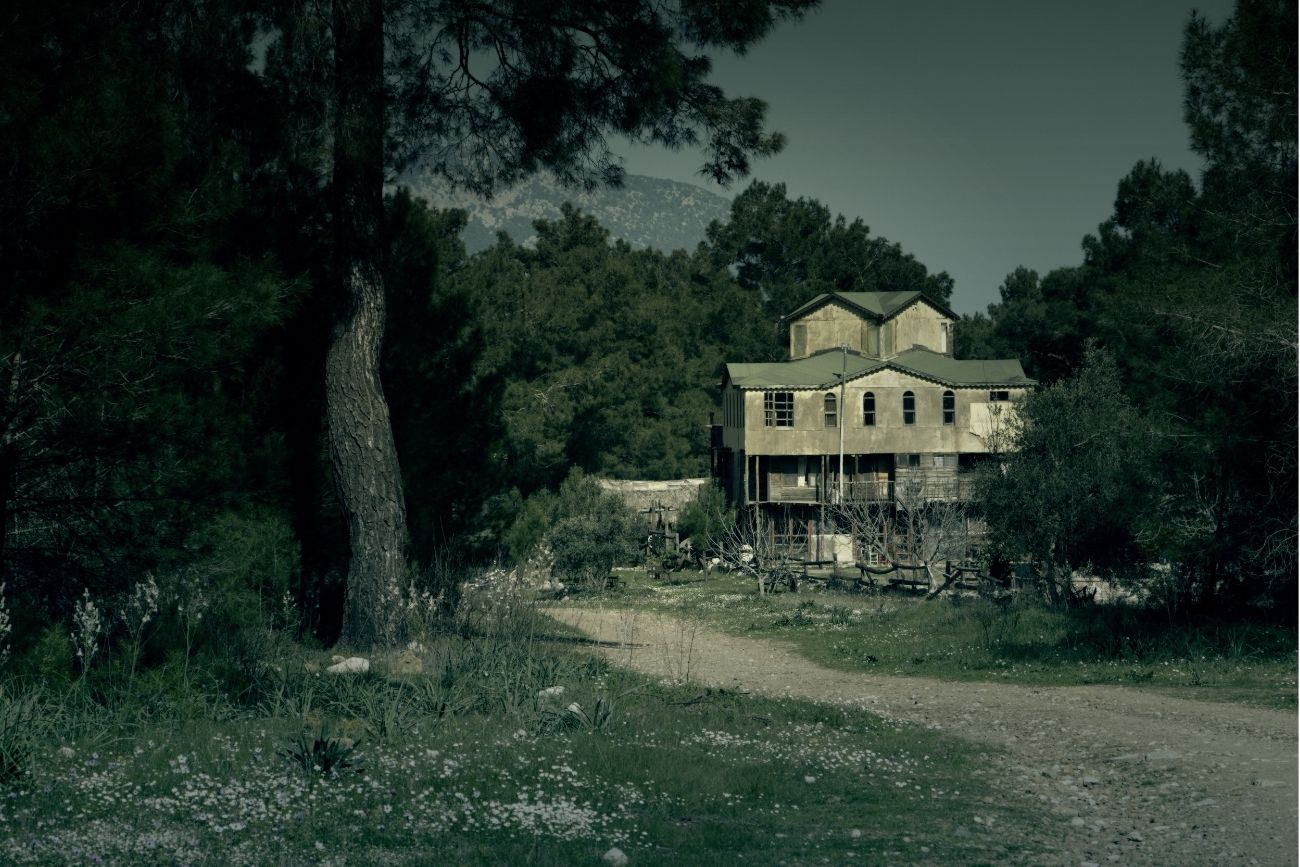
Master Everyday Conversations in Spanish with These 10 Key Phrases
Learning Spanish can be a challenge, but mastering key phrases for everyday conversations will allow you to communicate with confidence. In this article, we will explore essential terms for day-to-day interactions, as presented in “The 5-Minute Spanish Journal“. Join us and discover how to improve your communication skills with practical examples and real-life situations.
Why Learn Key Phrases?
Learning key phrases in Spanish is essential for navigating everyday situations. Not only will it help you better understand the language, but it will also enable you to interact effectively with native speakers. Here are some reasons to focus on these phrases:
1. Confidence in Communication
Knowing key phrases can significantly boost your confidence when speaking Spanish. It facilitates fluency and reduces anxiety by providing you with ready-to-use expressions for common interactions. This confidence can make your conversations smoother and more enjoyable, allowing you to focus on the content of the conversation rather than worrying about grammar or vocabulary.
2. Social Interaction
Key phrases are the building blocks of social interaction. They allow you to participate in conversations, make new friends, and integrate more easily into Spanish-speaking communities. Whether you are attending a social gathering, dining out, or simply meeting new people, having a set of essential phrases at your disposal will help you connect with others and build meaningful relationships.
3. Problem Solving
Life is full of unexpected situations, and knowing key phrases can be incredibly useful in these moments. Whether you need to ask for directions, request help, or explain a problem, having the right phrases can make all the difference. This practical knowledge ensures that you can handle emergencies, navigate new environments, and find solutions to everyday challenges.
Start today and conquer your conversations in Spanish!

Key Phrases for Greetings and Introductions
- Hola, ¿cómo estás? – A friendly way to greet someone and ask how they are.
- Example: “Hola, ¿cómo estás? Me alegra verte.”
- Me llamo [your name]. – To introduce yourself simply and clearly.
- Example: “Hola, me llamo María. Mucho gusto.”
- ¿De dónde eres? – Ideal for finding out where someone is from.
- Example: “¿De dónde eres? Yo soy de México.”
- Encantado/a de conocerte. – To express pleasure in meeting someone.
- Example: “Hola, soy Ana. Encantada de conocerte.”
- ¿Cómo te llamas? – To ask someone their name.
- Example: “Hola, ¿cómo te llamas? Yo soy Carlos.”
- Buenos días. – A formal greeting for the morning.
- Example: “Buenos días, señor Pérez.”
- Buenas tardes. – A formal greeting for the afternoon.
- Example: “Buenas tardes, ¿cómo ha estado?”
- Buenas noches. – A formal greeting for the evening.
- Example: “Buenas noches, nos vemos mañana.”
- ¿Cómo te va? – An informal way to ask how someone is doing.
- Example: “¡Hola! ¿Cómo te va?”
- Mucho gusto. – A polite way to say nice to meet you.
- Example: “Hola, me llamo Juan. Mucho gusto.”
Phrases for Everyday Situations
- ¿Cuánto cuesta? – To ask the price of an item.
- Example: “¿Cuánto cuesta esta camiseta?”
- Quisiera [something]. – Useful for ordering in restaurants or shops.
- Example: “Quisiera un café con leche, por favor.”
- ¿Dónde está [place]? – To ask for directions to a specific place.
- Example: “¿Dónde está la estación de tren?”
- ¿Conoce a [name]? – To ask for information about a specific person.
- Example: “¿Conoce a Alfredo, el dueño de la tienda?”
- ¿A qué hora abre/cierra [place]? – To ask about opening/closing times.
- Example: “¿A qué hora cierra la farmacia?”
- ¿Puedo pagar con tarjeta? – To ask if you can pay with a card.
- Example: “¿Puedo pagar con tarjeta aquí?”
- ¿Hay algún restaurante cerca? – To find out if there is a nearby restaurant.
- Example: “¿Hay algún restaurante cerca que recomiende?”
- ¿Dónde puedo encontrar un taxi? – To ask where to find a taxi.
- Example: “¿Dónde puedo encontrar un taxi por aquí?”
- ¿Qué recomiendas? – To ask for a recommendation.
- Example: “Estoy indeciso, ¿qué recomiendas del menú?”
- Necesito ayuda. – To ask for assistance.
- Example: “Disculpe, necesito ayuda para encontrar mi hotel.”
Phrases for Expressing Gratitude and Courtesy
- Gracias. – An essential word to show gratitude.
- Example: “Gracias por tu ayuda.”
- Por favor. – To make a request politely.
- Example: “Pásame la sal, por favor.”
- Disculpa / Perdón. – Important for apologizing or getting someone’s attention.
- Example: “Disculpa, no quise interrumpir.”
- Lo siento. – To apologize sincerely.
- Example: “Lo siento por el retraso.”
- Muchas gracias. – To express a lot of gratitude.
- Example: “Muchas gracias por el regalo.”
- De nada. – To respond to thanks.
- Example: “Gracias por la información. – De nada.”
- Con permiso. – To politely excuse yourself.
- Example: “Con permiso, necesito pasar.”
- ¿Me puede ayudar? – To politely ask for help.
- Example: “¿Me puede ayudar con esta bolsa, por favor?”
- ¿Podría hablar más despacio? – To ask someone to speak more slowly.
- Example: “Disculpa, ¿podrías hablar más despacio?”
- ¿Podría repetir eso? – To ask someone to repeat something.
- Example: “Perdón, ¿podrías repetir eso, por favor?”

Phrases to Use in Practical Situations
At the Market
- “¿Puedo probar una antes de comprar?” – Can I try one before buying?
- “¿Tiene cambio de un billete grande?” – Do you have change for a large bill?
- “¿Cuándo es el mejor día para venir?” – When is the best day to come?
- “¿Puede darme una bolsa, por favor?” – Can you give me a bag, please?
- “¿Estos productos son locales?” – Are these products local?
- “Estoy buscando algo específico.” – I’m looking for something specific.
- “¿Acepta tarjeta o solo efectivo?” – Do you accept card or cash only?
- “¿Puede recomendarme algo fresco?” – Can you recommend something fresh?
- “Estoy comprando para una fiesta.” – I’m shopping for a party.
- “¿Hay algún descuento por comprar en cantidad?” – Is there a discount for buying in bulk?
In a Restaurant
- “¿Puedo ver el menú, por favor?” – Can I see the menu, please?
- “¿Qué platos recomienda hoy?” – What dishes do you recommend today?
- “¿Tiene opciones vegetarianas?” – Do you have vegetarian options?
- “¿Hay menú para niños?” – Is there a kids’ menu?
- “¿Puedo cambiar un ingrediente en este plato?” – Can I change an ingredient in this dish?
- “¿Cuál es el plato del día?” – What is the dish of the day?
- “¿Tienen alguna especialidad de la casa?” – Do you have a house specialty?
- “¿Puede traerme la cuenta, por favor?” – Can you bring me the bill, please?
- “¿Es posible dividir la cuenta?” – Is it possible to split the bill?
- “¿Hay algún plato sin gluten?” – Is there any gluten-free dish?
Asking for Directions
- “¿Cómo llego a la estación de tren?” – How do I get to the train station?
- “¿Está lejos el centro comercial?” – Is the mall far from here?
- “¿Cuál es la mejor ruta para evitar el tráfico?” – What is the best route to avoid traffic?
- “¿Hay una parada de autobús cerca?” – Is there a bus stop nearby?
- “¿Dónde puedo encontrar una farmacia?” – Where can I find a pharmacy?
- “¿Está esta dirección cerca de aquí?” – Is this address near here?
- “¿Cuánto tiempo se tarda en llegar a pie?” – How long does it take to get there by foot?
- “¿Es seguro caminar por esta zona de noche?” – Is it safe to walk in this area at night?
- “¿Puede mostrarme en el mapa?” – Can you show me on the map?
- “¿Dónde está la salida más cercana?” – Where is the nearest exit?

Improve Your Spanish with “The 5-Minute Spanish Journal“
In “The 5-Minute Spanish Journal“, you will find more key phrases and practical situations to help you improve your communication skills. Each story is designed to teach useful vocabulary and common phrases, with exercises to reinforce what you have learned.
Conclusion
Mastering these key phrases will allow you to navigate everyday conversations in Spanish with confidence. Practice with the provided examples and immerse yourself in real-life situations to improve your fluency. To deepen your learning, be sure to explore our book of short stories, an indispensable tool for any Spanish student.
Start today and conquer your conversations in Spanish!






